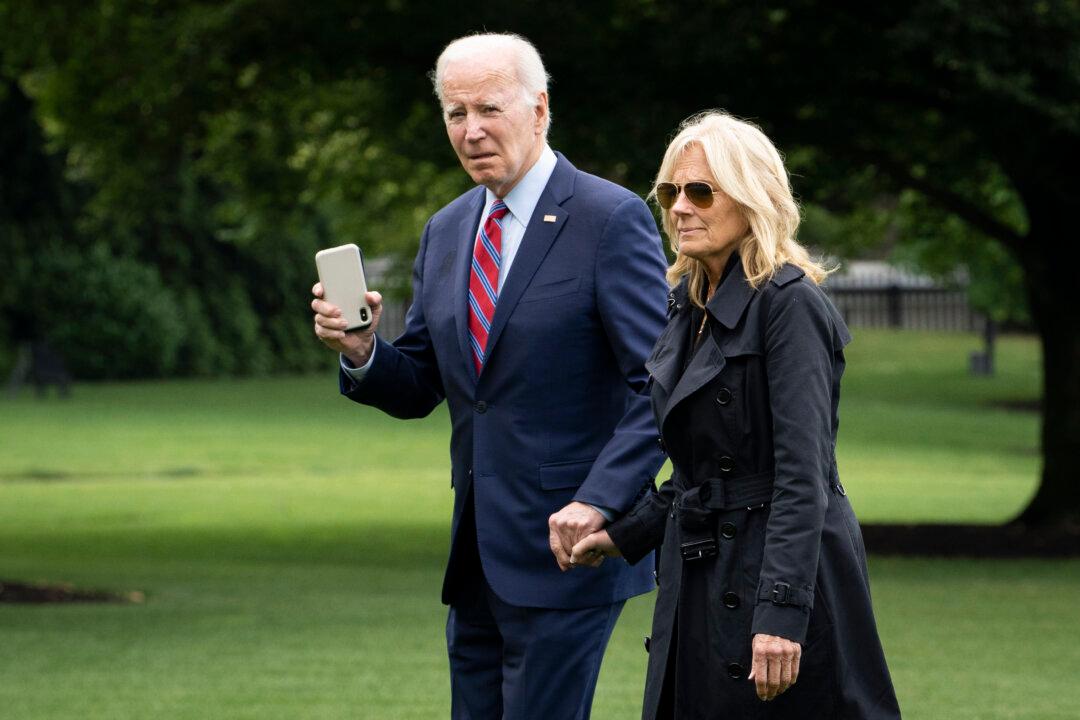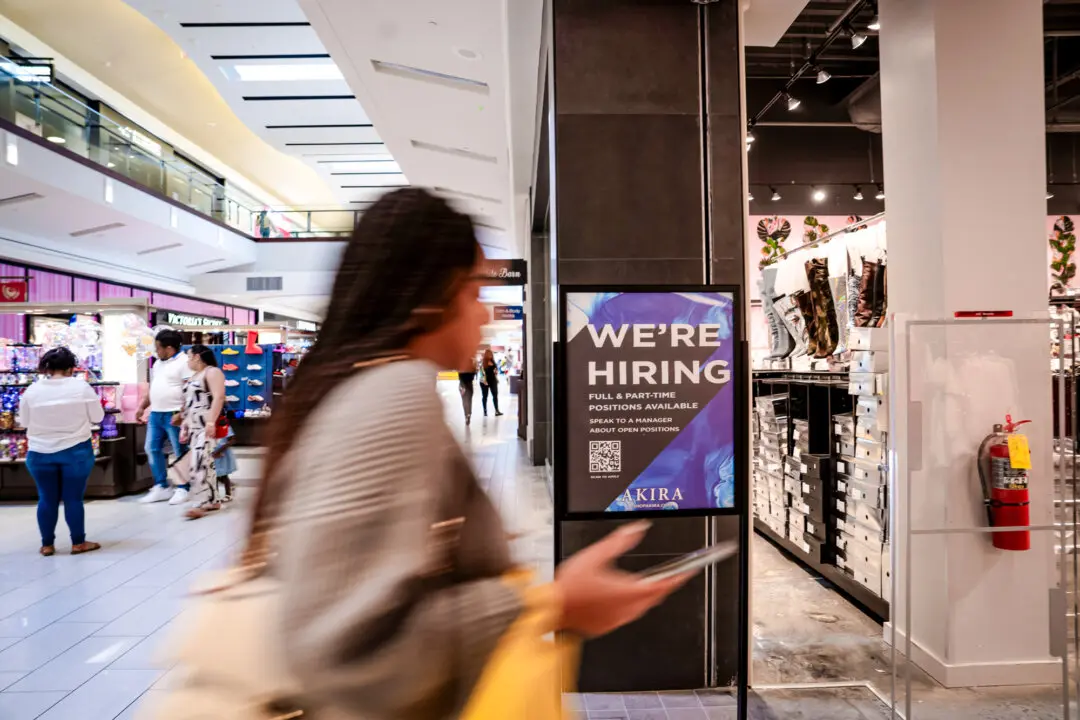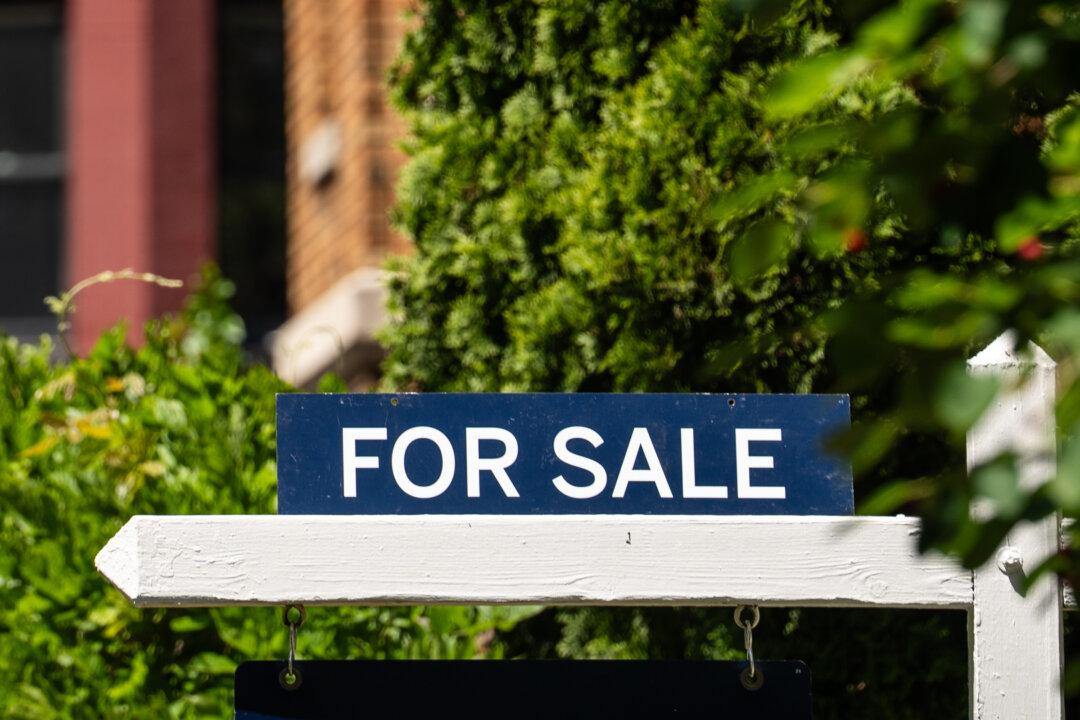Companies could soon be forced to reveal hidden fees to customers, according to a new rule unveiled by President Joe Biden.
The Federal Trade Commission (FTC) proposed a rule mandating that businesses in all industries under its jurisdiction show the total price upfront to customers.





